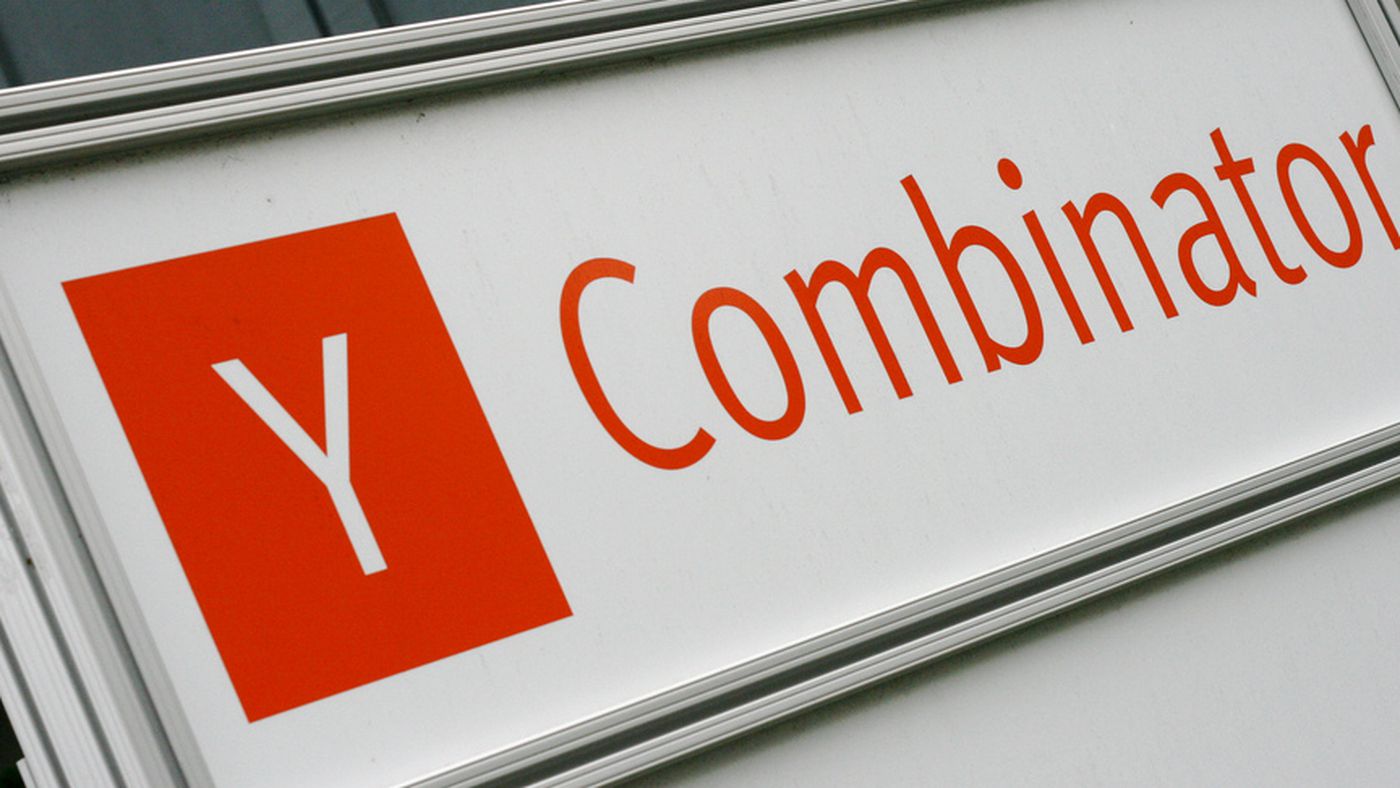According to its founder, Sheena Allen, CapWay, a fintech funded by Y Combinator that aimed to provide financial services to individuals in “banking deserts,” it has been discontinued
Allen confirmed the matter to TechCrunch and wrote about it on LinkedIn.
“I am genuinely disappointed that we were unable to complete the mission, but I am proud of the work we were able to accomplish,” she wrote. “I am of the firm conviction that there is still a significant amount of work to be done in the financial inclusion sector, and I assure you that you will not be the last to hear from me in the context of my advocacy for economic equality.”
Allen informed TechCrunch that the company began to wound down last year and delayed the announcement until now following the failure of a potential acquisition.
Banking deserts are frequently rural communities that lack a tangible bank branch to open a checking account.
Additionally, the expression is applied to individuals who encounter challenges when visiting a bank, including those who are older, have disabilities, or have a low income.
CNN reported that Allen (pictured above) founded CapWay in 2016 after recognizing the detrimental effects of not having a bank account in certain communities, including their reliance on high-interest payday loans or high-fee cash checking services.
CapWay intends to address this demographic by providing online banking solutions and teaching financial literacy.

The company’s pitchbook indicates that it secured funding from investors such as Khosla Ventures, Fearless Fund, and Backstage Capital, totaling just under $800,000. As TechCrunch reported then, it was a member of the Summer 2020 cohort of YC.
Allen informed us that the company was closed for a variety of reasons.
She referenced the fintech industry’s substantial reputational damage due to the breach of Evolve Bank & Trust and the collapse of Synapse, the latter of which resulted in the freezing of hundreds of millions of dollars in consumer funds.

Subsequently, numerous banks that sought to collaborate with fintechs mandated that the fintech maintain a specific amount of funds in the bank.
Allen stated, “It is costly to participate in a highly regulated industry due to the inability to regulate the changes.” “You must have sufficient funds and time to endure the transitions.”
During this period, CapWay was compelled to identify a new banking partner. However, it encountered difficulties in raising additional funds to satisfy the money-on-hand requirements of potential partners.
Several financiers declined to invest in her company because it was significantly behind its competitors.
However, she also identified the obstacle that has caused significant distress for numerous Black entrepreneurs over the past year.
She stated, “Fundraising was down for all, but it was and remains extremely down for Black founders.” Crunchbase discovered that Black founders raised only 0.3% of the $79 billion allocated to U.S.-based enterprises in the first half of the year.
Allen frequently experienced the sensation of competing with other Black-founded fintechs for a lesser portion of the market.
In her post, she stated that certain investors declined her investment proposal, citing that they had already invested in another debit card fintech founded by Black individuals.
“Some investors prefer to consolidate all Black fintech companies into a single category, even though we do not all operate in the same manner or have the same target audience,” she informed us. “It is regrettable, but that contributed to our being denied multiple times.”

In her LinkedIn post, Allen expressed gratitude to her team and a few of her investors, emphasizing that there were investors who “continued to contact me and inquire about the business, as well as me as a founder and as a person.”
She also thanked her fellow founders for “listening to me rant and calling to check on my mental state throughout this process simply.”
However, her passion for establishing businesses has not been diminished by the failure of one venture, which is almost a badge of honor in the startup community.
She is currently contemplating her next venture idea and remains committed to working in the financial inclusion sector. She is presently investigating potential entrepreneur-in-residence opportunities at venture firms.
“It is a difficult period to dissolve your organization,” she stated. “However, I have come to understand that there is beauty in the journey, even when it appears bleak.”



